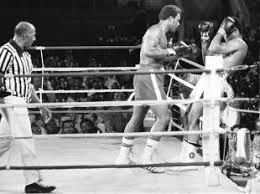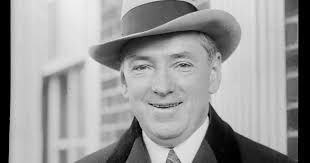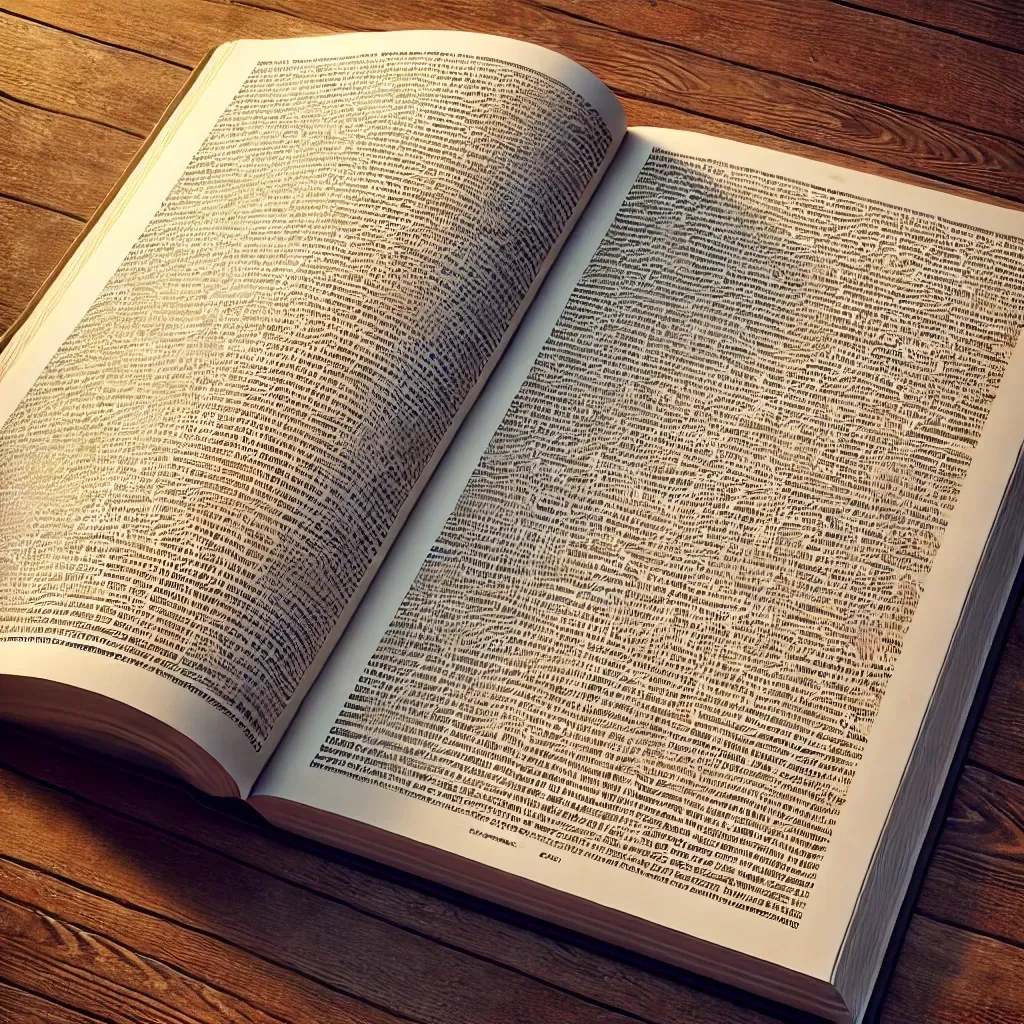Nib #44 — What to Read to Become a Better Writer
One of the most common questions I get from students and young professionals is, “What should I read to become a better writer?”
The short answer is everything. But of course that’s no fun.
So, here are few thoughts on Reading To Improve Your Writing:
1. Read old things. The classics are classics for a reason. The U.S. education deprives students of them, so must of us have to make up for as adults. If you haven’t read the ancient epics — the Iliad, Odyssey, Aeneid — you should probably start there.
2. Read poetry. Another of modern education’s blindspots, poetry is writing at its most vivid and trenchant. Its concision and imagery, shorn of clutter and distraction, show what language can do when wielded with enough care and thought. (If you’re not sure where to start, Homer, Shakespeare, Dickinson, Eliot, and Frost will keep you busy for a while.)
3. Read out loud. Language is meant for the ear, not the eye. Writing involves more than vocabulary and syntax. Rhythm, flow, imagery, tension and other qualities of good writing are most easily learned by hearing how it’s done.
4. Read the King James Bible. Even Catholics who think it’s missing a few books cannot but grow — mind and soul — in the KJV’s pages. It’s the book most responsible for shaping American culture and honing the English language into the world-conquering force it has become.
5. Read different writers. Reading Hemingway and Wodehouse is fun. Reading Faulkner or Joyce, less so. But reading different kinds of writers — seeing how each tackles different situations, character types, action and introspection — will help you learn how to do it in your voice.
6. Read different subjects. The human brain is the only computer that runs faster them more information you put in it. So, fill it with all kinds of stuff, not just content immediately relevant to your daily life. What do you know about farming? Or quantum mechanics? Or high finance? Or Uruguay? Or Martin Van Buren? Or bluegrass music? Good writing comes from good thinking — new and novel combinations and syntheses of ideas. The more stuff you know, the more of those connections you’ll be able to make, and the more inventive and compelling your writing can be.
7. Read Jane Austen. No other writer condenses more moral or psychological insight in such lively prose. It’s like the Bible, with jokes.
Until next week… keep writing!

All Rights Reserved 2024 Inkling Communications | Privacy Policy
Website Designed By Royals Advertising










